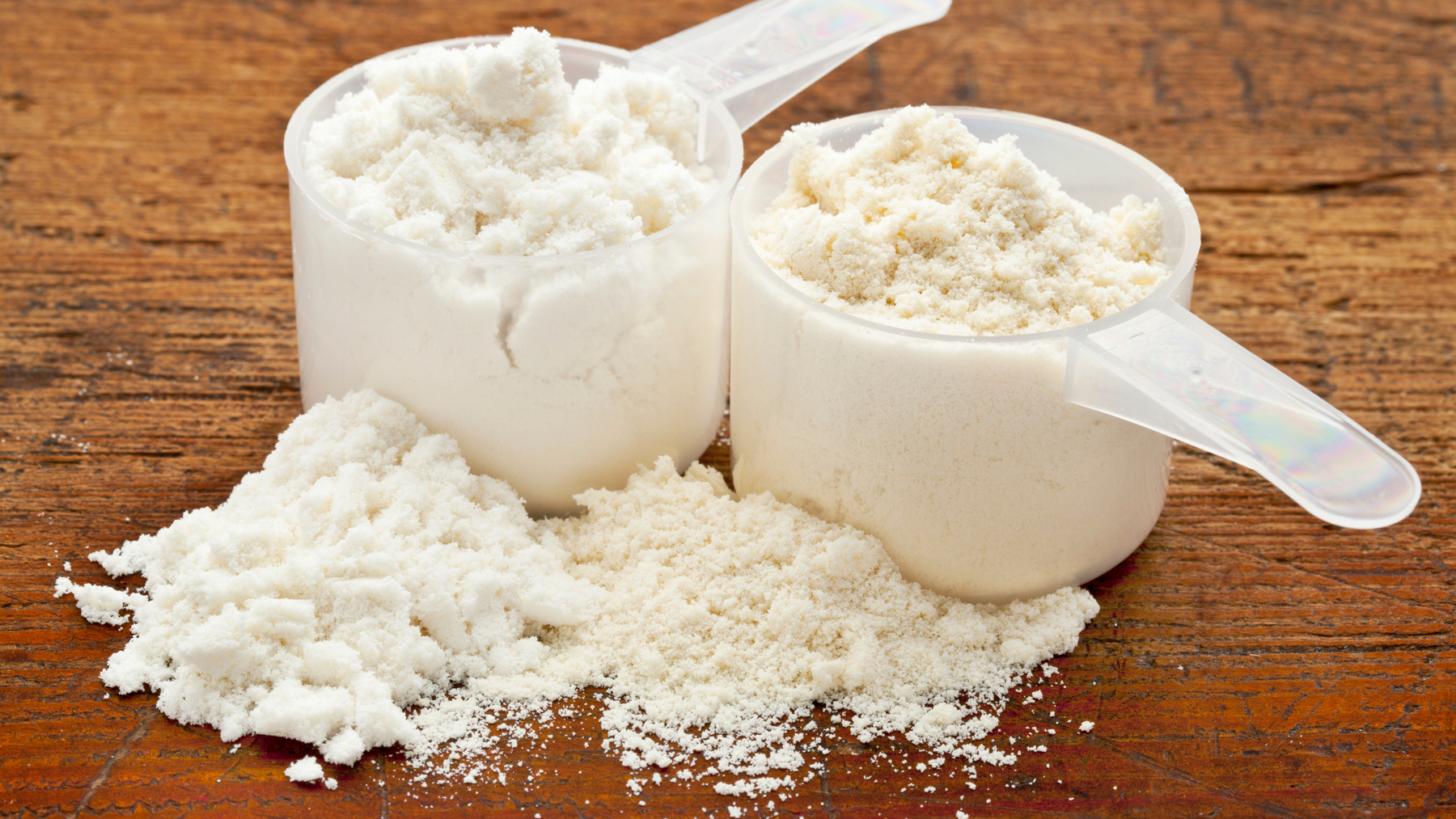
Why Whey Protein Is Perfect for Post-Workout Nutrition
Understanding Whey Protein
What Is Whey Protein?
Whey protein is a high-quality protein derived from milk during the cheese-making process. It contains all nine essential amino acids, making it a complete protein source that supports muscle recovery and overall health.
Types of Whey Protein
-
Whey Concentrate: Contains around 70-80% protein, with some lactose and fat.
-
Whey Isolate: More processed, containing 90% or more protein with minimal lactose and fat.
-
Whey Hydrolysate: Pre-digested for faster absorption, often used in medical and sports nutrition.
How Whey Protein Is Made
The whey protein extraction process involves separating whey from milk, filtering out fats and lactose, and drying it into a powder.
Nutritional Benefits of Whey Protein
High-Quality Protein Source
Whey protein provides a rich source of amino acids, including leucine, which plays a crucial role in muscle growth.
Fast Absorption Rate
Unlike other protein sources, whey digests quickly, making it ideal for post-exercise recovery.
Rich in BCAAs (Branched-Chain Amino Acids)
BCAAs help reduce muscle soreness, prevent muscle breakdown, and promote muscle repair.
How Whey Protein Supports Post-Workout Recovery
Muscle Repair and Growth
Whey protein helps repair microtears in muscles, accelerating recovery and muscle-building.
Enhancing Protein Synthesis
It stimulates muscle protein synthesis, ensuring efficient muscle recovery and growth.
Aiding in Fat Loss
Whey protein promotes satiety and supports fat loss while preserving lean muscle mass.
Comparing Whey Protein to Other Protein Sources
Whey vs. Casein Protein
-
Whey: Rapid digestion, best for post-workout.
-
Casein: Slow digestion, ideal for sustained protein release overnight.
Whey vs. Plant-Based Proteins
-
Whey has a superior amino acid profile and absorption rate compared to most plant proteins.
-
Plant proteins may be preferable for those with dairy intolerance.
Whey vs. Whole Food Proteins
While whole foods provide additional nutrients, whey protein offers a convenient and fast-absorbing alternative.
How to Choose the Right Whey Protein for You
Whey Concentrate vs. Isolate vs. Hydrolysate
-
Choose concentrate for affordability and balanced nutrition.
-
Opt for isolate if you need more protein with minimal lactose.
-
Pick hydrolysate for ultra-fast absorption.
Checking for Purity and Quality
Look for brands with minimal additives, high protein content, and third-party testing.
Best Whey Protein Brands on the Market
Brands like Per4m, NXT Nutrition and Optimum Nutrition offer high-quality whey protein with trusted ingredients.
Best Ways to Consume Whey Protein Post-Workout
Mixing Whey Protein with Water or Milk
-
Water: Faster absorption, fewer calories.
-
Milk: Adds nutrients and a creamier texture.
Adding Whey to Smoothies
Blend whey with fruits, nuts, and yogurt for a nutritious recovery shake.
Cooking and Baking with Whey
Use whey protein in pancakes, oatmeal, or protein bars for a high-protein meal.
Common Myths About Whey Protein
Does Whey Protein Cause Kidney Damage?
No, moderate whey consumption does not harm healthy kidneys. Those with kidney disease should consult a doctor.
Does Whey Protein Make You Gain Weight?
Only if consumed in excess. It helps with muscle building and fat loss when combined with exercise.
Is Whey Protein Only for Bodybuilders?
No, whey protein benefits athletes, fitness enthusiasts, and those looking to improve general health.
Potential Side Effects and How to Avoid Them
Lactose Intolerance and Whey
Choose whey isolate or lactose-free options if you are lactose intolerant.
Digestive Issues
Gradually introduce whey into your diet and opt for digestive enzyme-infused whey to reduce bloating.
Proper Dosage and Timing
Consume 20-30g post-workout or as part of your daily protein intake.
Frequently Asked Questions (FAQs)
Can I take whey protein every day?
Yes, it is safe to consume daily as part of a balanced diet.
Is it better to take whey protein before or after a workout?
Post-workout is ideal for muscle recovery, but pre-workout intake can also provide energy.
How long after a workout should I consume whey protein?
Within 30-60 minutes post-exercise for optimal absorption.
Can whey protein help with weight loss?
Yes, it promotes satiety and muscle maintenance while supporting fat loss.
What’s the best way to store whey protein?
Keep it in a cool, dry place in a sealed container to prevent moisture absorption.
Can I take whey protein if I don’t work out?
Yes, it can help meet protein needs even if you have a sedentary lifestyle.
Conclusion
Whey protein is a powerful, convenient source of high-quality protein that supports muscle recovery, fat loss, and overall health. Whether you are an athlete or simply looking to enhance your diet, incorporating whey protein can provide significant benefits.
Shop Whey Protein
Shop our full range of Whey Proteins here.



